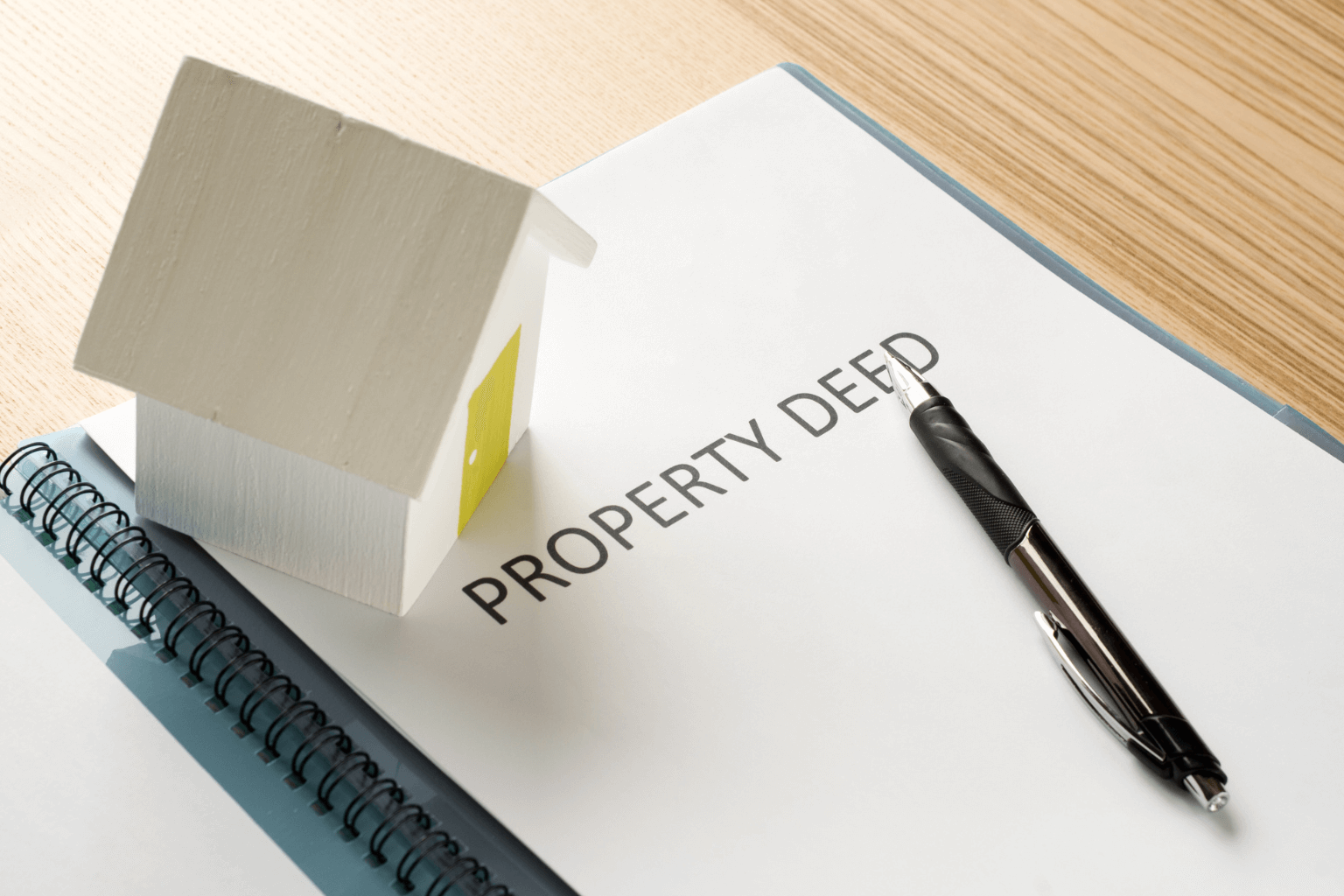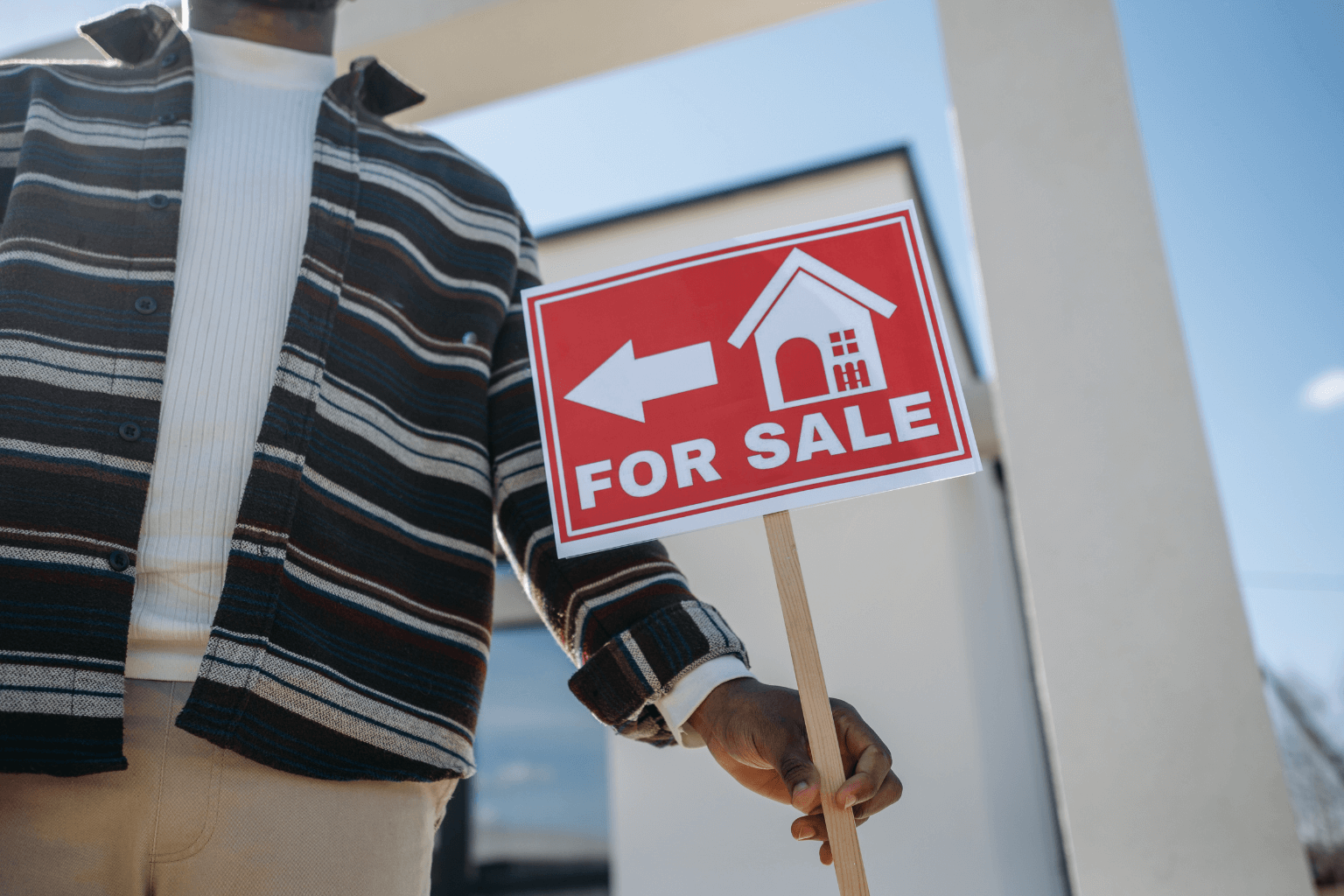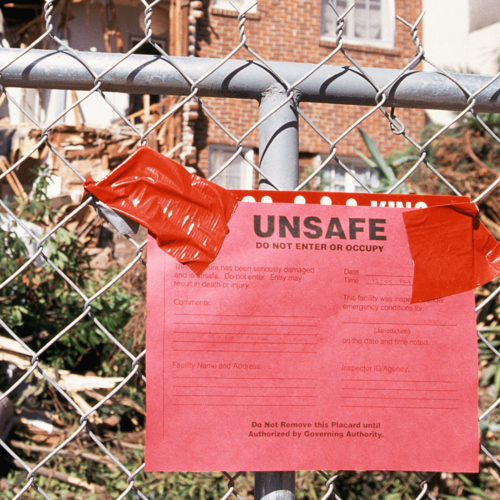How to Sell a House If You Lost the Deed Without Hassle
Losing your original deed might sound like a dealbreaker, but it isn't. You can still sell a house if you lost the deed;you need to take the proper steps to prove you legally own it. Whether you're looking for a replacement deed or applying for first registration, this guide will help you move forward with confidence and ease.
Understanding Property Deeds
When selling a house, it's essential to understand the role of a deed. It's a legal document that shows who owns the property. It also describes the land and records any claims or restrictions that may be in place. Even if you've lost your deed, you still own the home as long as it was properly recorded in public records.
There are different kinds of deeds, like:
- Warranty deeds – They confirm ownership and protect against past issues.
- Quitclaim deeds – They transfer rights without guarantees.
If you've lost your deed, you can request a certified copy from the county recorder's office or talk to a title company. This will help you sell property without a title in hand.

Suppose you're trying to understand how title transfers work in special cases. In that case, this short YouTube explainer on Transfer on Death Deeds can help simplify the process.
Steps to Take if You Lose the Deed
Losing a deed can feel stressful, but it's manageable. Begin by searching your county's public records, which are often available online. If the deed was recorded, a certified copy should be readily available. As noted by Rocket Mortgage, even if the physical deed is missing, you still legally own the home as long as the deed was properly recorded in public records.
Next, contact the title company you used when buying the home. They may still have your paperwork on file.
If no copy exists, you may need to:
- Apply for a replacement deed
- File a quiet title action through the court.
- Seek help from a real estate attorney.
These steps can help prove ownership and move the sale forward even without the original deed.
Additionally, if the property is situated in a competitive market like San Leandro, California, having the necessary paperwork ready helps expedite the selling process.

Applying for First Registration
Sometimes, especially if a deed was never recorded, you'll need to apply for first registration with the Land Registry. This is a formal process that confirms you own the property.
To apply, you'll need:
- FR1 form
- DL form (Declaration of ownership)
- Proof of ownership, such as tax records, utility bills, or old title documents
- A fee based on the property's value
If your paperwork is strong, you may get an absolute title. If not, you may receive a possessory title, which still allows you to sell but offers less protection. A property law solicitor can guide you through the paperwork and submission process.

Must-Read Alert: While you're here, check out Can You Sell a Home With a Clouded Title. It's gaining serious traction.
What to Do If the Land Registry Requires More Information
If the Land Registry requests additional details, don't panic. It's normal, especially when the original deed is missing. Just gather and submit more substantial evidence.
Here’s what we need to know:
Documentation Needed | Purpose |
Previous Correspondence | Shows intent and knowledge of ownership |
Tax Documents | Proves financial responsibility |
Utility Bills | Connects us to the property |
Notarized Affidavits | Confirms our legal right |
Historical Transaction Records | Clarifies title issues |
An attorney can assist you in assembling these materials. If the situation involves additional complications—such as a pending legal settlement—you may benefit from guidance found in cases like selling a house after a divorce agreement.
How to Sell a House If You Lost the Deed
Selling your home without the original deed is possible if you follow the proper steps.

Start With Legal Proof
Apply for your first registration, gather your ownership documents, and request a certified copy from the county recorder, if available.
Tell the Buyer Upfront
Let buyers know the deed is lost, but you've secured the correct documents to prove ownership. This builds trust and keeps the process smooth.
Prepare for Extra Checks
Buyers may want their attorney or title company to do more research. That's okay—it's part of due diligence. Having your paperwork in order makes it easier for them to move forward.
Even though it takes a little more time, you can still sell a house if you lost the deed by staying proactive and organized.
Conclusion
Yes, you can sell a house if you have lost the deed. Although the process involves a few more steps, it's entirely doable with the right approach. By requesting certified copies, applying for first registration, and preparing proof of ownership, you can confidently sell your property. With the right help, a lost deed is just a minor setback, not a barrier to closing the deal.





